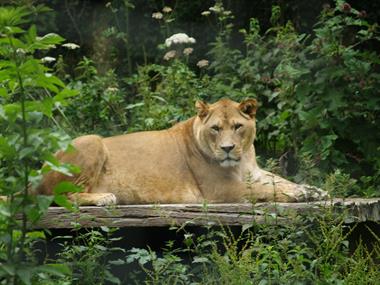 Study Vertebrate Zoology by Distance Education
Study Vertebrate Zoology by Distance Education
A foundation to work with both domestic and wild animals
This course will give you a thorough understanding of “higher” animals’ zoology and evolution, together with principles on animal ecology and morphology.
You will learn with the help of highly qualified and experienced tutors.